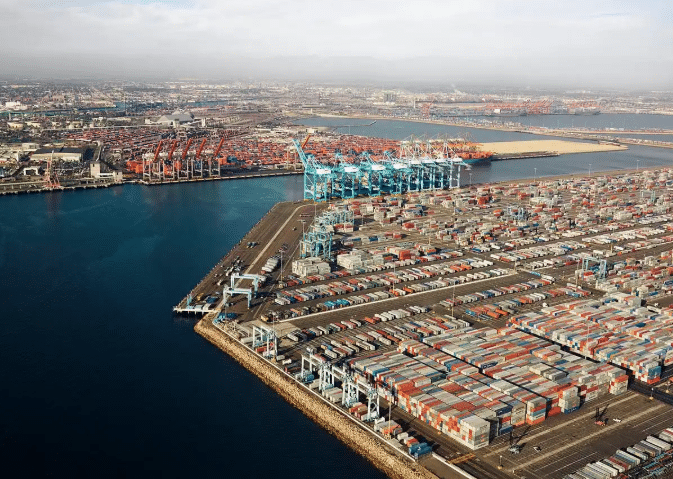On August 29, 2025, Turkey took a dramatic step by completely suspending all trade with Israel, citing the ongoing conflict in Gaza as the primary reason. This unprecedented decision, coupled with a ban on Israeli ships and aircraft using Turkish ports and airspace, marks a significant escalation in tensions between the two nations. But what does this mean for Turkey, Israel, and the broader Middle East? Let’s dive into the details of this bold move and its potential ripple effects.
A Decisive Response to Gaza
Turkey’s Foreign Minister Hakan Fidan announced these measures as a direct response to Israel’s actions in Gaza over the past two years. Fidan accused Israel of undermining humanitarian values and threatening Middle East stability with its military operations in Gaza, Lebanon, Yemen, Syria, and Iran. He labeled Israel’s policies as reflective of a “terrorist state mentality” that disregards international order.
On the same day, the Turkish parliament passed a motion with overwhelming support, condemning Israel’s actions in Gaza as “genocide” and calling for the suspension of Israel’s membership in the United Nations and other international organizations until its policies change. The motion also urged other nations to sever military and commercial ties with Israel and lift the blockade on Palestine.
These actions signal Turkey’s intent to take a leading role in addressing the Palestinian issue, aligning with its broader strategic goal of asserting influence in the Muslim world.

Escalating Measures and Enforcement
Turkey’s trade embargo and restrictions on Israeli ships and aircraft are not entirely new but represent a tightening of earlier measures. Reports indicate that Turkish port authorities had already been requiring shipping agents to provide declarations ensuring vessels were not linked to Israel or carrying military goods. Turkish-flagged ships were also prohibited from docking at Israeli ports, a policy that has now culminated in a total ban on Israeli maritime and air traffic.
This escalation follows earlier trade restrictions imposed in May 2024, when Turkey halted all exports and imports with Israel, citing the “worsening humanitarian tragedy” in Gaza. Despite these measures, some reports suggest Turkish goods continued to reach Israel indirectly through third countries, prompting Turkey to tighten enforcement to close these loopholes.
Regional and Global Reactions
The Palestinian Islamic Resistance Movement (Hamas) praised Turkey’s actions, expressing gratitude for its support of the Palestinian cause. Hamas called on other Arab and Islamic nations to follow suit, urging them to cut ties with Israel and hold its leaders accountable for alleged war crimes.
Israel, however, has not yet issued an official response to Turkey’s latest measures. Analysts suggest that the trade embargo and airspace restrictions could increase Israel’s logistical costs, particularly as it relies on Turkish ports for imports. In 2023, bilateral trade between the two countries was valued at $6.8 billion, with Turkish exports making up the majority. The loss of this trade route could strain Israel’s economy, though it’s likely to seek alternative suppliers and routes.
On the flip side, Turkey may also face economic consequences. Suspending trade with Israel could impact its international transshipment business at key ports, potentially affecting its economy.
Geopolitical Implications
Turkey’s actions align with President Recep Tayyip Erdogan’s long-standing ambition to position himself as a leader in the Islamic world. The Palestinian issue resonates deeply with Turkey’s nationalist and religious base, and these measures bolster Erdogan’s domestic and regional credibility.
However, this move could further complicate the geopolitical landscape in the Eastern Mediterranean. Countries like Greece and Cyprus may side with Israel, while Iran and Qatar might quietly support Turkey’s stance. The broader international community’s response remains uncertain, but Turkey’s call for global action against Israel could influence other nations’ policies.
What’s Next?
Turkey’s decision to sever economic ties and restrict Israeli access to its ports and airspace is one of the most significant steps in its deteriorating relationship with Israel. While the immediate impact will likely be felt in trade and logistics, the long-term consequences could reshape regional alliances and stability.
Will other nations heed Turkey’s call to isolate Israel? How will Israel respond to these measures? And what does this mean for the already volatile Middle East? Only time will tell, but one thing is clear: Turkey’s bold stance has raised the stakes in an already complex conflict.



